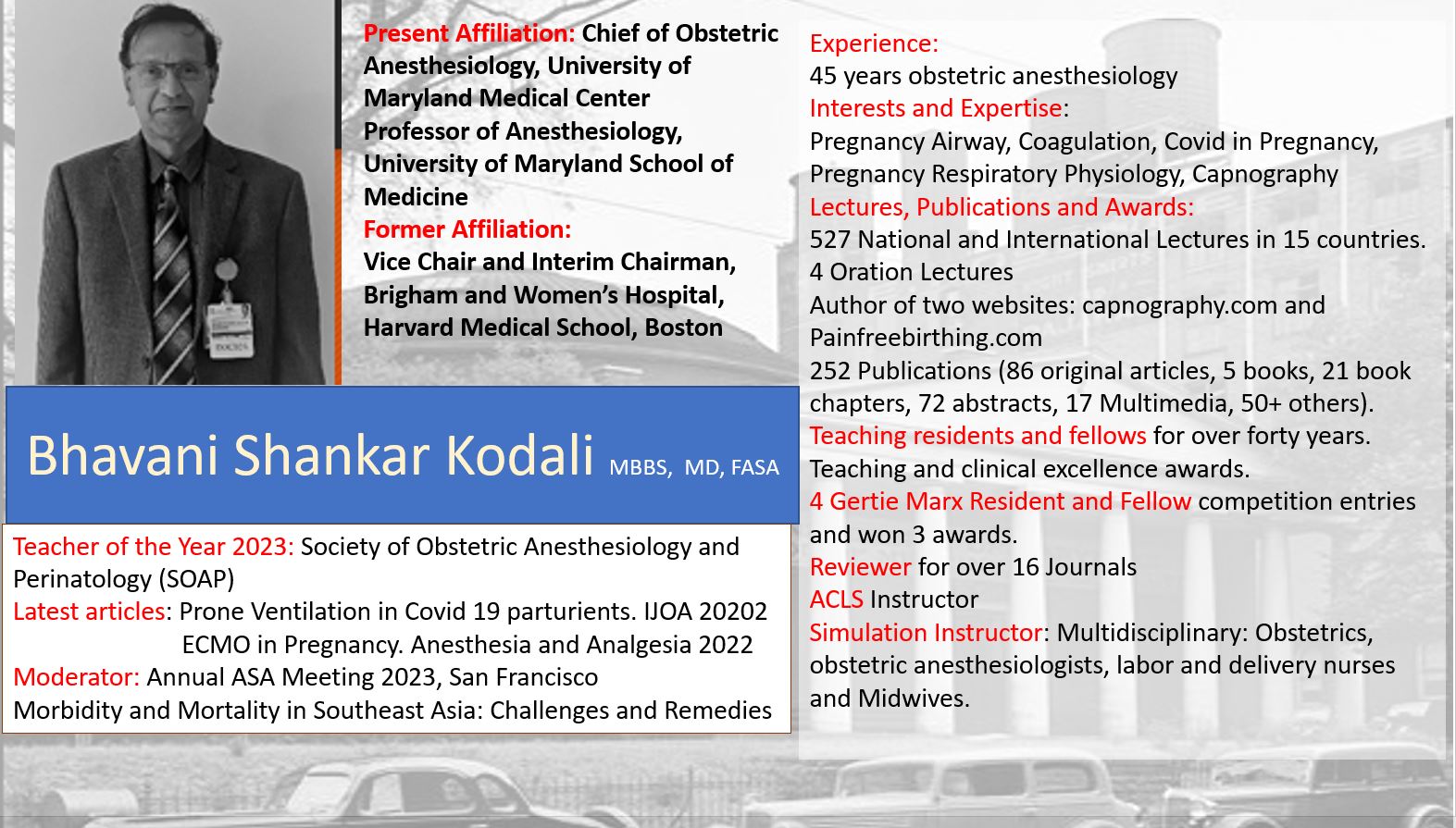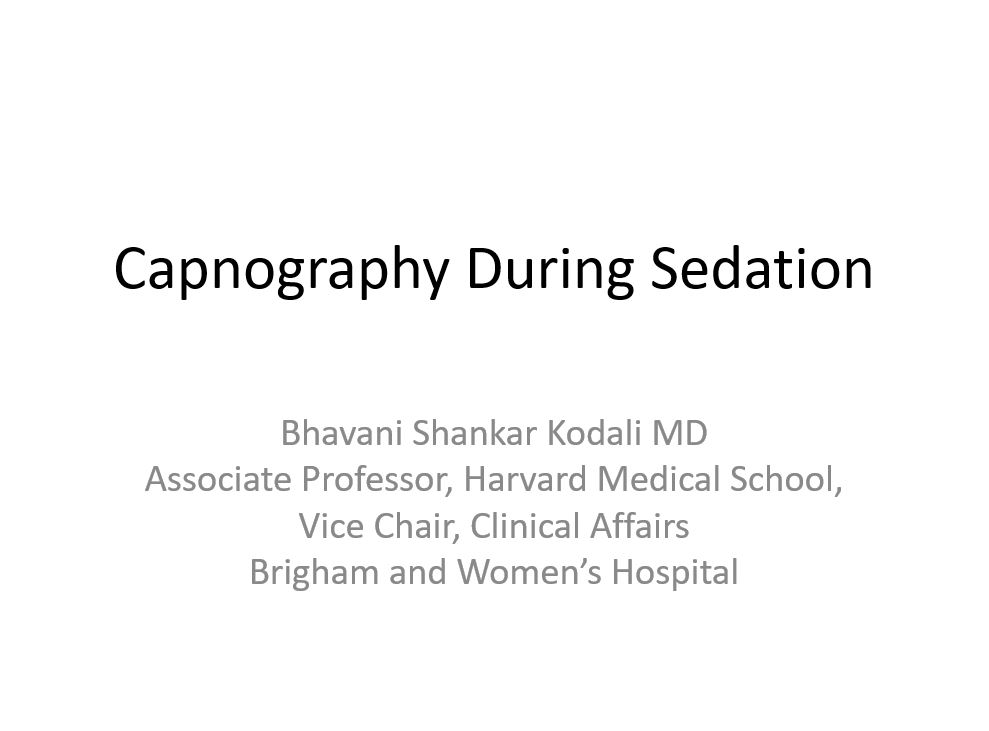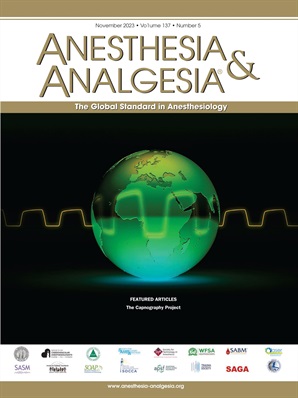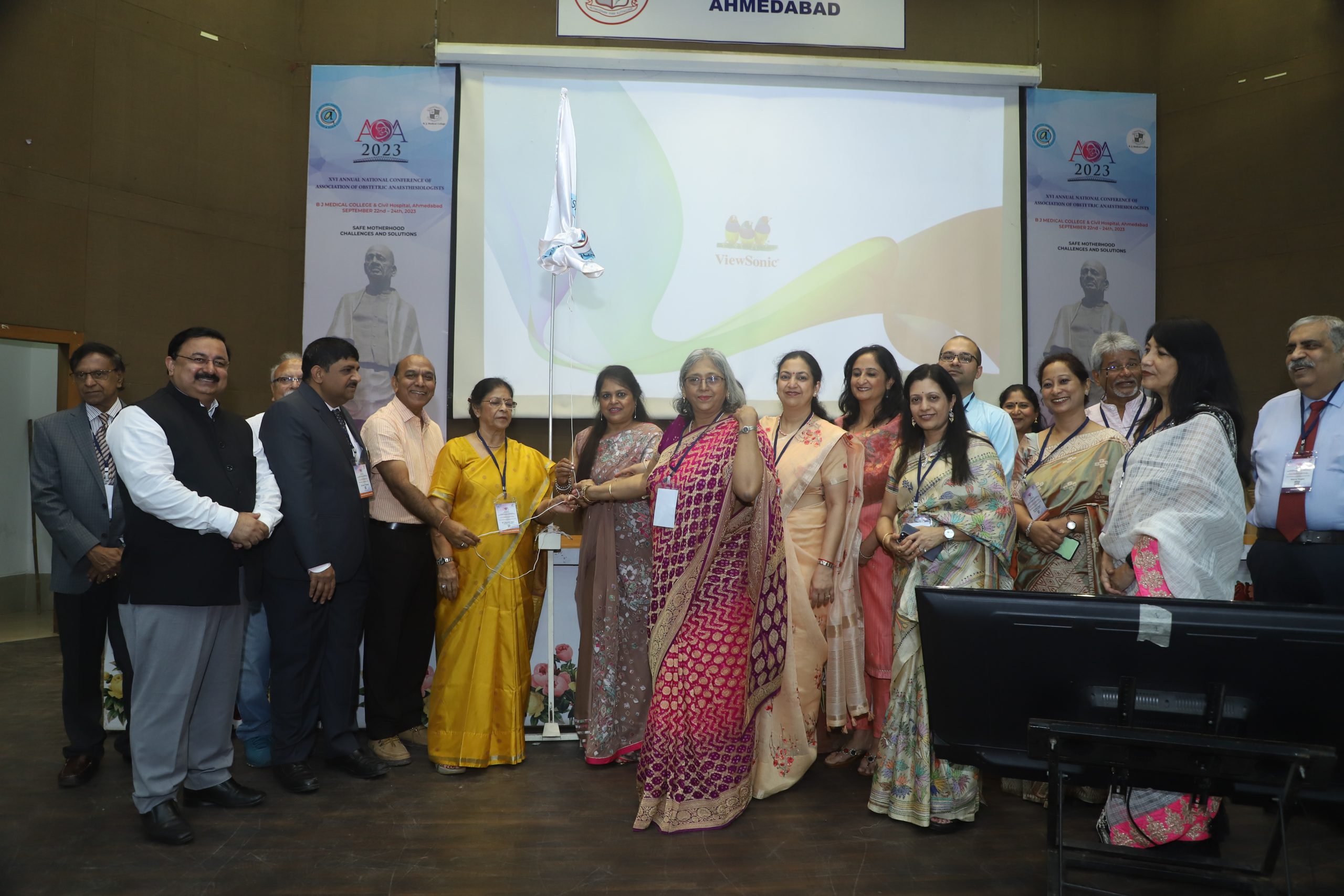I have developed a substantial interest in medical simulation. I see simulation as the method for teaching the values of respect and teamwork. It has been about 40 years since I joined anesthesiology. During these four decades, travelling through five countries, I observed the same deficiencies in each workplace irrespective of resource level, high or low. There is a lack of mutual respect which leads to failures in collegiality, team work, and communication. Another universal observation was ego and arrogance are in abundance. It is so fascinating that members of medical teams do not recognize that being collegial and respectful has no cost; they are free commodities within the reach of every individual. There is also a lack of understanding that, there is more to gain by being polite and respectful to others. It is well known that poor communication results in accidents in many fields, e.g. airline industry. Medicine is no exception to this.
I have trained myself as an ACLS and a Medical Simulation Instructor. The later at the Center of Medical Simulation, New York / Boston, United States. Currently, I am overseeing medical simulations for the department of anesthesiology and spearheading group simulations at resident level. The inter-departmental (surgery, nursing and anesthesia residents) simulations are vital because the principles that govern team success can be imparted at training level, so that young clinicians can use them when they become leaders in their field and serve as role models to their colleagues. Training sessions need not be long but tailored to enforce critical points of crisis resource management.
The key elements to be taught are:
Communication
Leadership in a CRISIS
Awareness of surroundings
Practice assertions
Use of Cognitive aids
Avoiding fixation
*Respectful to each other
*Collegiality
*These last two are just as important as the others.
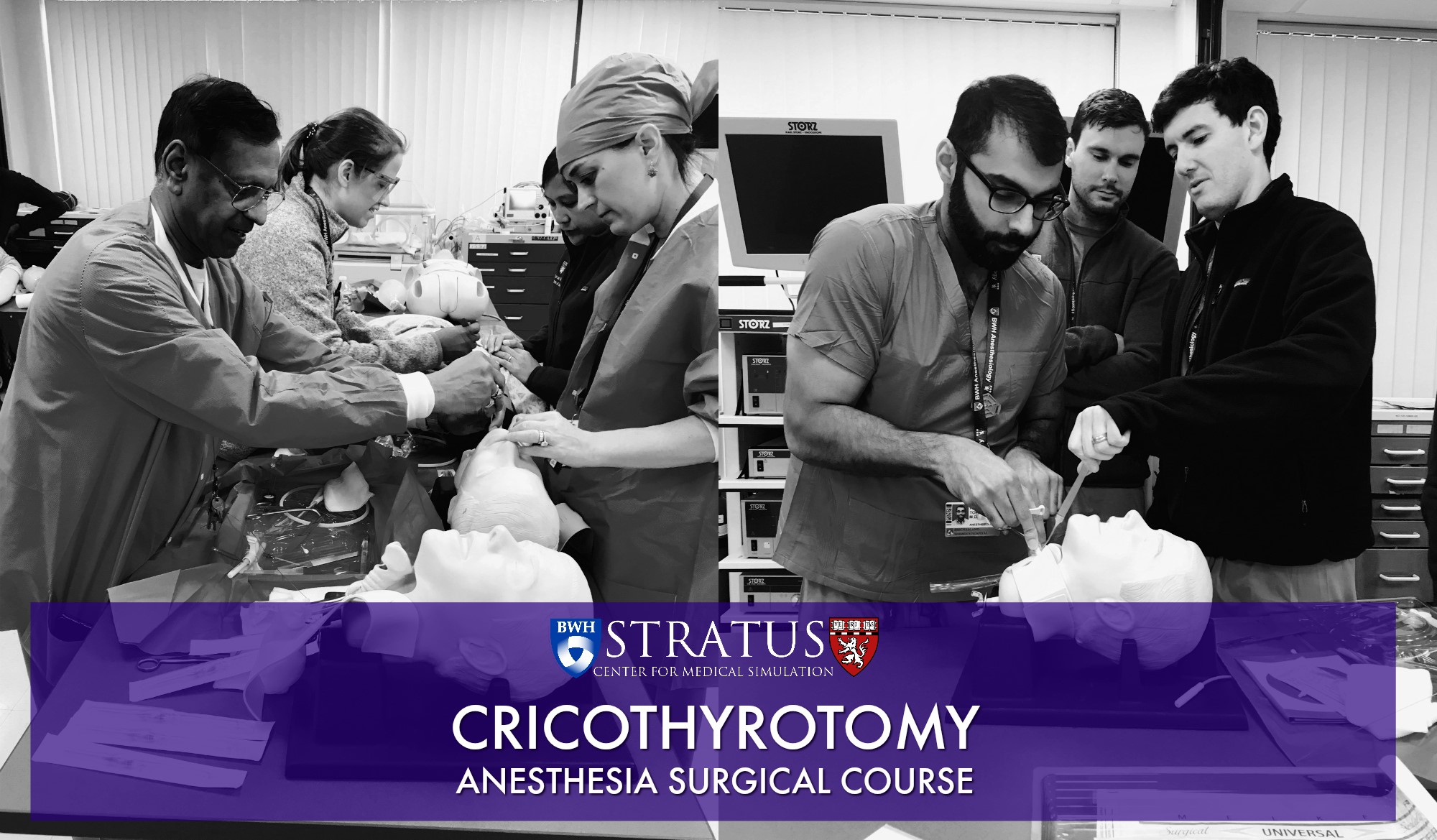

 Twitter
Twitter Youtube
Youtube

